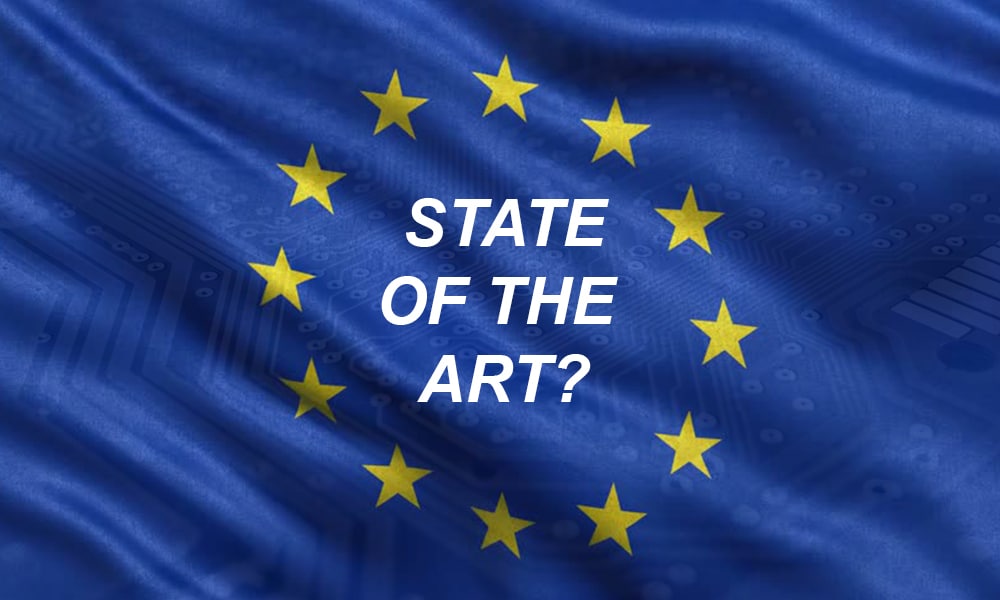The Central Statistics Office has admitted to a data breach involving an error by a staff member, leading to a sever breach of data protection rules. Reports were made last week that a past employee for the CSO has been sent P45s of other past and present employees in error. The past employee was outraged at the time, as she believed that 1000 people’s records had been breached.
The CSO has since issued a “sincere apology” for the incident, and volunteered that the incident had not affected 1000 people, but had actually concerned 3000 former employees.




